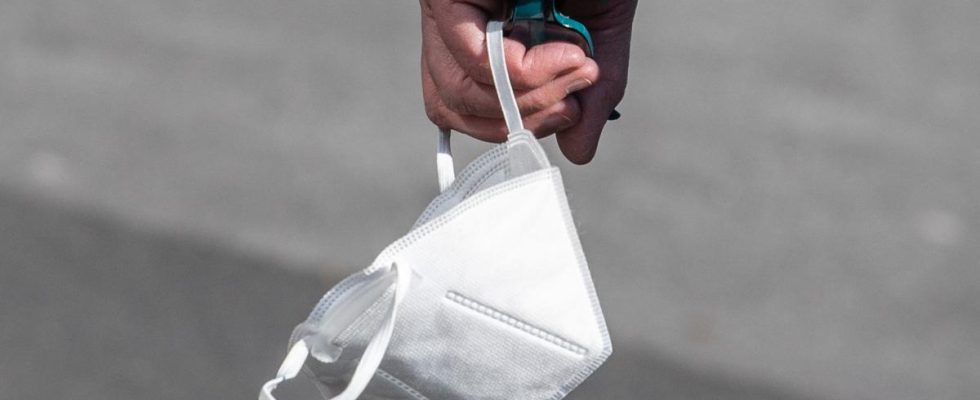In Stadtbergen, a senior doctor talks about infectious diseases and what precautionary measures would be important for the future.
The corona pandemic from 2020 to 2022 is still remembered by everyone. Some people are still affected by this post-Covid. The term “pandemic” was not in common usage until then. But the senior physician at III. Medical clinic of the university hospital and specialist in infectious diseases, Dr. André Fuchs, wants to in his lecture in the Bürgersaal Stadtbergen show that similar events have occurred in the past and that further pandemics are to be feared in the future. He believes that stronger precautionary measures must be taken against future contagious diseases.
From 1889 came in Russia a severe respiratory infection called the “Russian flu” that spread to China and Europe. Around a million people died from it. The pathogen could already have been there at that time Coronavirus According to Fuchs, this can no longer be proven. There were also phenomena reminiscent of post-Covid back then.
Medicine has successfully combated many infectious diseases in the past. Examples would be smallpox, tuberculosis or malaria, which were largely eradicated in Central Europe simply by draining swamps.
Pandemics, i.e. the global spread of infectious diseases, were much rarer until a few decades ago because there was not yet so much mobility around the globe. People spoke of epidemics – so the infection remained localized, and after a while the pathogens hardly found new victims or those who had not become immune. We now hear again and again that the “age of pandemics” has begun.
Poverty promotes the spread of infectious diseases
The spillover effect, the transmission of pathogens from animals to humans, has always existed. Today, population density and poverty can promote the spread of infectious diseases because those affected cannot develop such strong immune systems. Another factor that can promote pandemics is climate change, as Fuchs will explain.
Protective masks should be available more quickly
He also wants to talk about how society can better protect itself from pandemics. He is convinced that there is a risk that something similar to the corona crisis will occur again in the foreseeable future. According to Fuchs, it would be important, for example, for medication and protective masks to be available more quickly when infectious diseases occur. In many cases, production was relocated abroad for cost reasons. This development would have to be reversed.
Something must also be done against the so-called silent pandemic. Pathogens are becoming increasingly resistant (insensitive) to antibiotics. People die in hospital because effective medication is no longer available. Fuchs will explain how this development can be slowed down. The lecture “Pandemics in the 21st Century – Review and Outlook” will take place on Monday, April 8th, at 7:30 p.m. in the Bürgersaal Stadtbergen. Entry: five euros.

